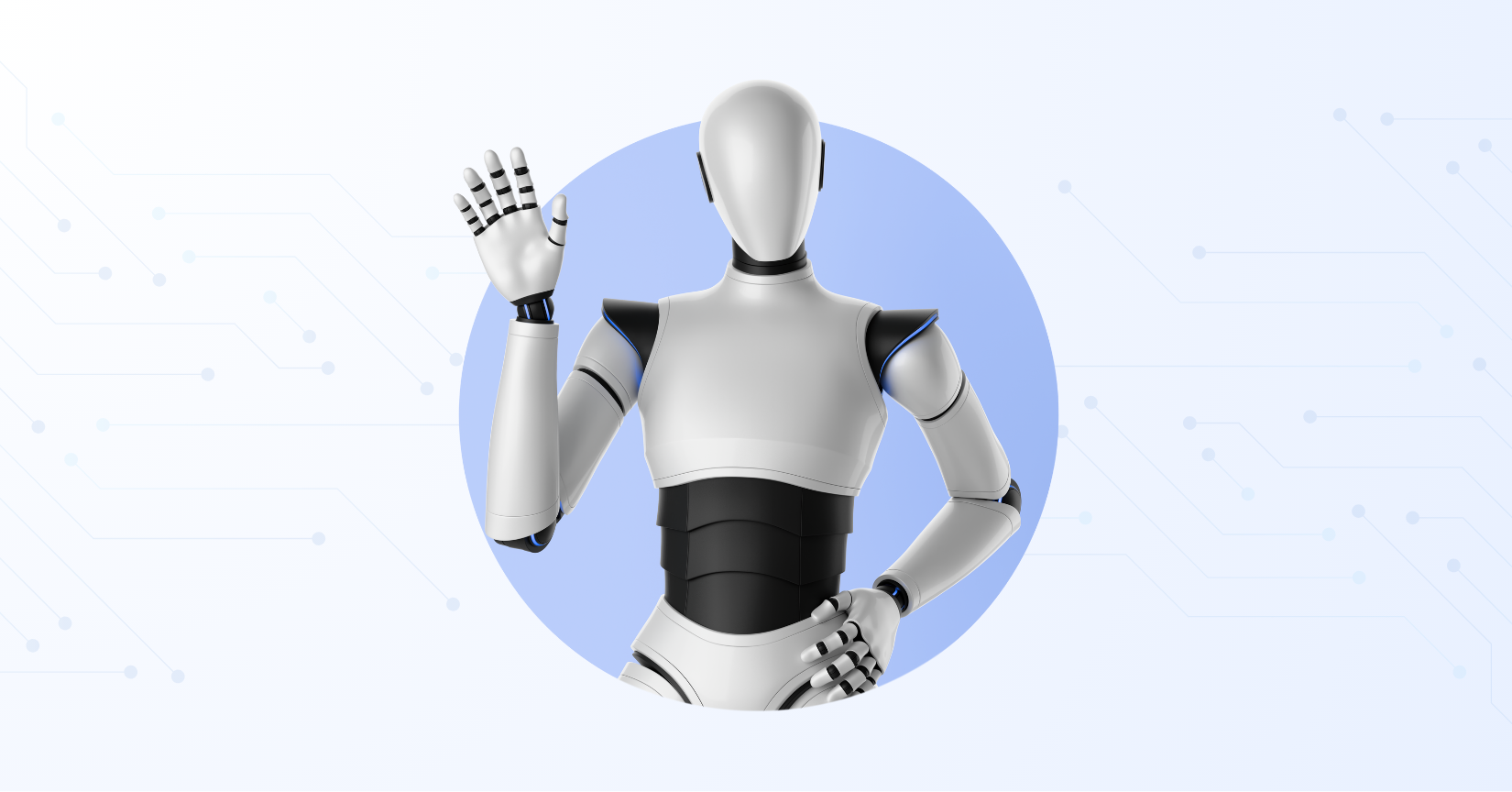About the Client
The Client is a multinational corporation that specializes in manufacturing robotic devices for surgical procedures. With a workforce of over 150,000 across numerous countries, they hold the prestigious title of being the largest global healthcare product company. Their primary focus lies in medicine and device innovation, while constantly striving to explore new methods of treatment.
Complication
The Client’s goal is to help hospital staff by enabling efficient decision-making based on centralized medical records. To achieve this, they have commissioned an analytics platform that integrates data from devices located in many separate hospitals.
The Client indicated that doctors and nurses were utilizing multiple data systems, which might have led to resource intensive and suboptimal decision-making processes. The integration of multiple data sources requires advanced Big Data skills, which were available internally to a limited extent.
The Value We Delivered
- Centralization of Medical Records: This enables doctors and nurses to have easy access to relevant information, facilitating efficient decision-making. As a result, the business is enhanced through improved patient care and optimized treatment plans.
- Cost Optimization and Compliance: By centralizing medical records, the Client no longer needs to manage multiple IT systems. This leads to cost optimization as redundant systems are eliminated. The system adheres to strict medtech industry compliance regulations, ensuring data privacy and security.
- Complex Analysis of Robotic Device Usage: This analysis provides valuable insights that can be used to implement improvements in both device quality and surgical processes. In turn, the Client gains a competitive edge and improves patient care.
- Scalability: The centralized system provided by Datumo easily integrates new robotic devices from existing and new locations. This scalability ensures that the Client can expand their operations and product offers without disruption. It also allows for the seamless integration of technological advancements, further enhancing provided solutions.
- Maximized Efficiency in Data Governance: Through Datumo's platform, the Client achieves better data organization and improves maintenance processes. This maximizes efficiency in data governance, ensuring data integrity, accessibility, and accuracy. As Datumo conducts knowledge transfer sessions for business stakeholders, the Client can easily manage the system independently.
Innovative solutions and advanced technologies
The platform, based on Azure cloud, is split into 3 main areas: hospital data ingestion and integration, advanced analytics use cases and MLOps pipelines.
Facilitating the ingestion and integration of hospital data includes:
- architecting comprehensive end-to-end solutions,
- deploying and GxP qualifying Airflow solutions on the Kubernetes engine,
- onboarding applications to Airflow, as well as Dockerization of applications,
- deploying and GxP qualifying the Databricks platform for efficient ETL pipelines,
- providing consulting on Azure ADLS and adjusting partitioning options Databricks Delta Tables partitioning,
- integrating with Databricks AutoLoader for real-time and streaming device data integration from ADLS to Delta Tables.
- conducting knowledge transfer sessions for our Client’s teams.
Advanced analytics use cases is related to:
- monitoring the number of operations performed by a device and automatically notifying the support team when the specified threshold is exceeded - this proactive approach ensures that the machine is promptly replaced or serviced, minimizing potential disruptions,
- onboarding customized user applications that lowered support costs, while increasing the SLA and quality through codebase visualization that can be written in multiple programming languages in order to monitor and debug solutions.
MLOps pipelines encompass:
- deploying ML models in production,
- monitoring ML system construction at every stage (integration, testing, releasing, deployment, and infrastructure management),
- support Data Scientists who prepare models and run experiments on datasets provided by devices - this was achieved through integration of the Advanced Analytics component and usage of MLFlow which allows for faster iterations, detailed monitoring and tuning of ML experiments.






.png)
